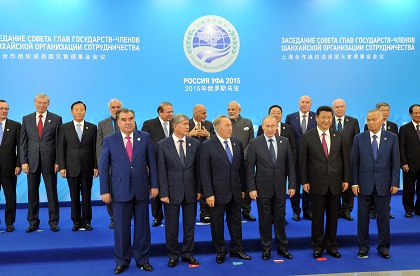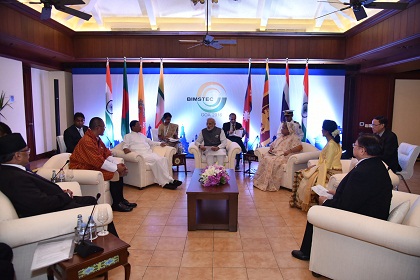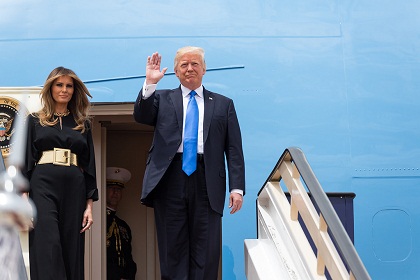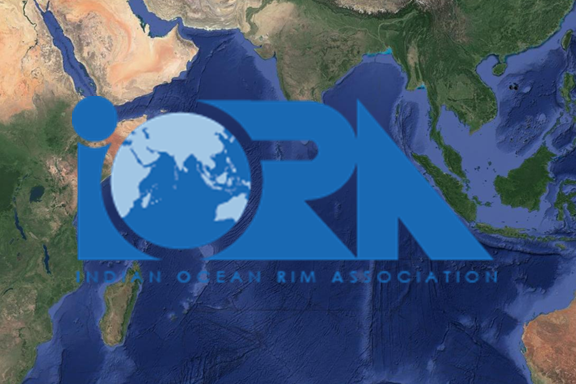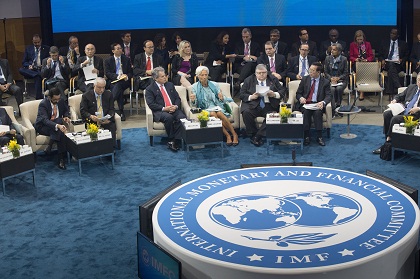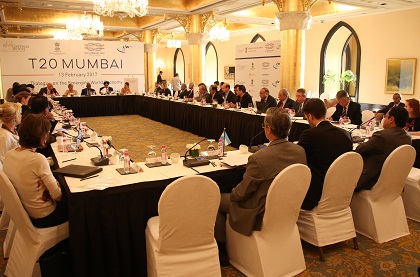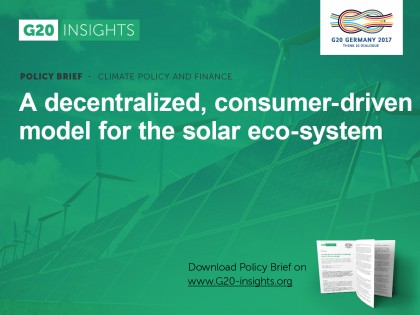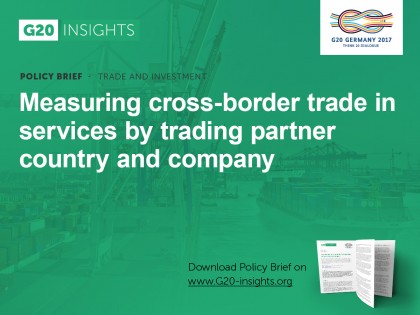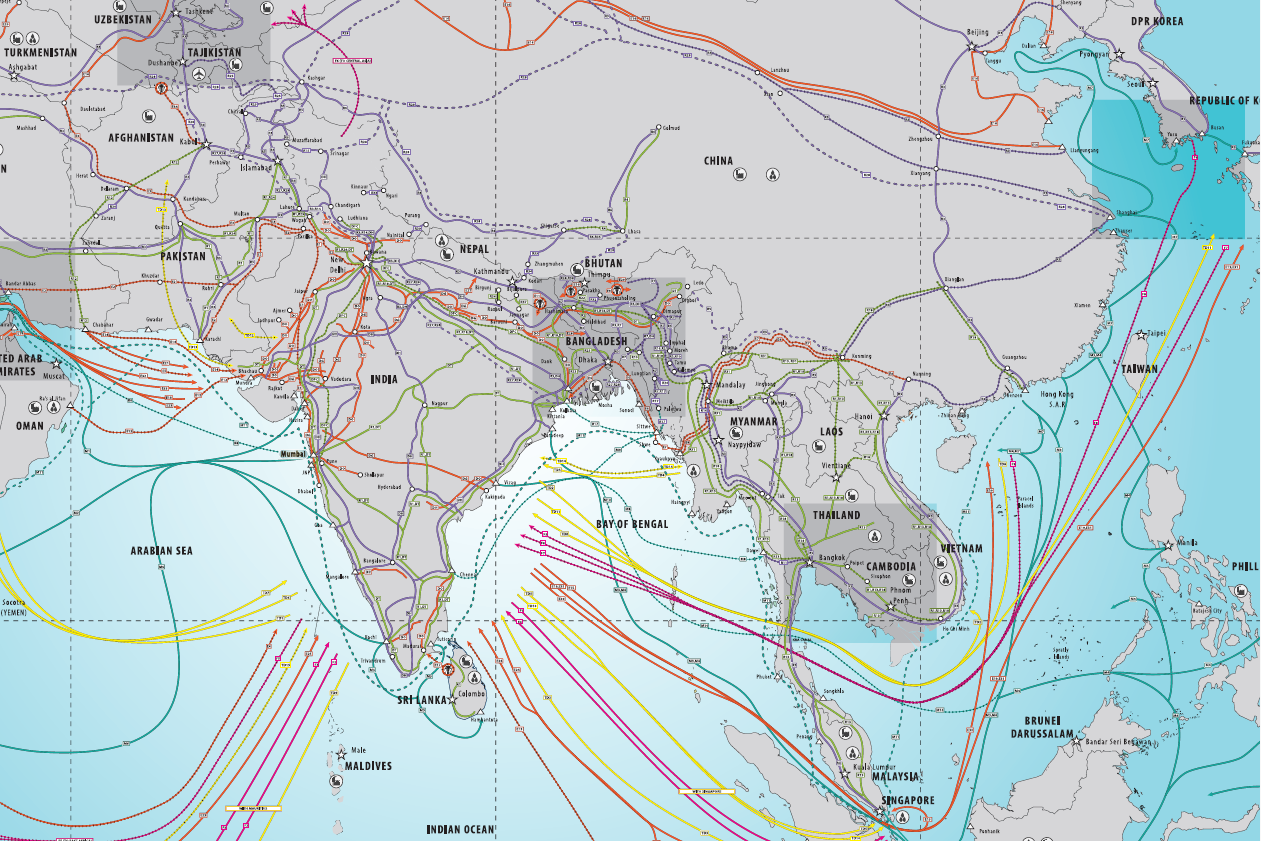A Modi-Sharif meet likely in Astana?
The 17th Summit of the Shanghai Cooperation Organisation is being held in Astana this week at which Prime Ministers Narendra Modi and Nawaz Sharif will be present. But no meeting is likely to take place between them--and even if it does, it will not advance peace between the two countries

